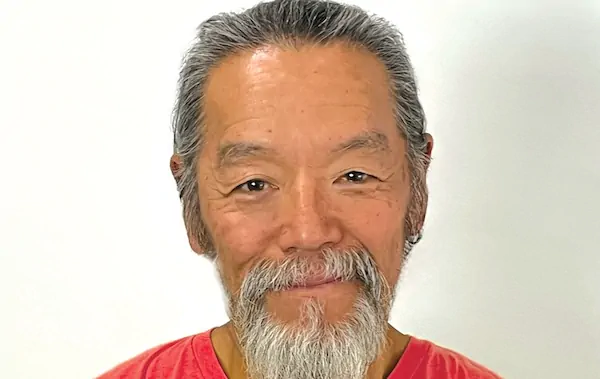Advance Care Planning
It may only be a few of you that knew that April 16th was Advance Care Planning Day, or maybe you have forgotten about that even if you knew. You may be asking “so?” Yes, that was over a month ago, but the purpose of this article is to bring that subject back to the forefront and remind you to do some advance care planning, if you have not already done so.
I recently heard some rather surprising statistics. It seems that 80% of people cannot make their own decisions at the end of their life or have not communicated their wishes in a way that they can be carried out. Further 85% of people in long-term care homes no longer have sufficient capacity to make their own decisions. If that was you, is there someone to help you?
The point of this article is to help you understand how to plan for a time when you may no longer be able to make your own decisions. You may be thinking that incapacity only applies to the elderly, but it can happen unexpectedly because of an accident or illness.
At that point, it is important that you have made, communicated and documented your wishes and appointed someone to carry out your wishes.
In Alberta, we have a document called the “Personal Directive” by which you can appoint someone to make personal care decisions for you if, and only if, you can no longer do that yourself. While this does not need to be done by a lawyer, a lawyer can explain to you in detail the choices you have and what the Personal Directive should contain. Also, the Personal Directives that lawyers prepare for their clients usually contain more important provisions than the ones available from other sources.
Also prepare with your doctor your Plan of Care which sets out in more detail your wishes for your medical care. Be careful not to “dictate” what must be done, but to express your wishes instead, as occurrences happen and the instructions may not fit the circumstances. As an example, someone may specify “no surgery”, but then fall and break a bone. At that point, that instruction would not allow surgery to fix the fracture.
Another useful document is the “Supported Decision-Making Authorization.” This document allows you to appoint someone to help you make decisions. They can access or assist you to access from any person, information that you need to make a decision about personal care matters. This “supporter” can call your doctor to get information to explain what it was the doctor was talking about if you might not have understand the doctor, or could not remember what the doctor had said. The role of this “support person” is to help you make your own decisions by obtaining information and discussing it with you.
This “advance care planning” is not to take away your ability to make your own decisions but through written communication you have done, allow you to have your wishes instruct and influence decisions even after you are no longer able to do that directly. Advance Care Planning is an important element of planning for your future. Consult a lawyer or Alberta Health Services to find out more information on this.
by Sylvia A. Carruthers
SAC Mobile Law























